

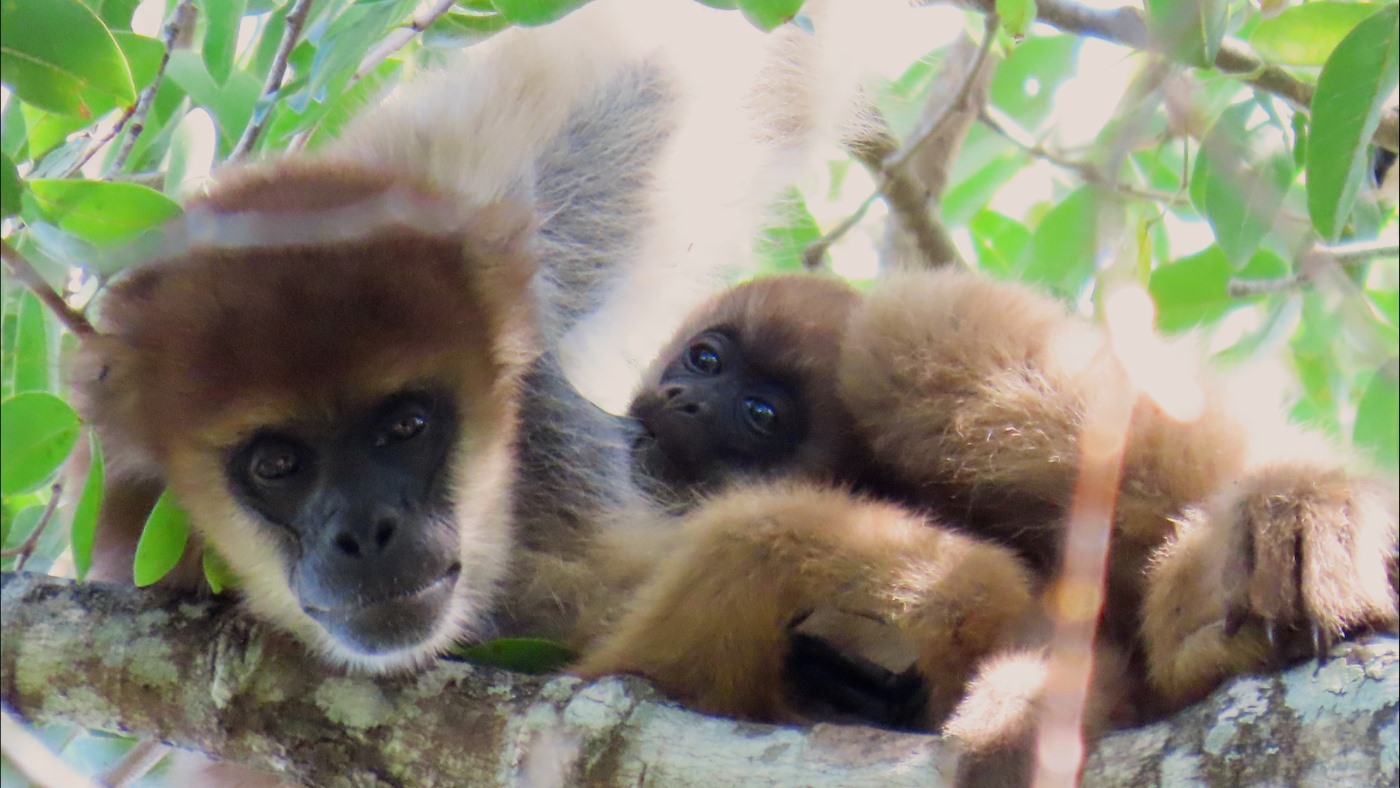
At the Barreiro Rico Ecological Station in Anhembi, different approaches are shared between researchers in an effort to understand the relationship between the forest and the Southern muriqui, and to connect populations by means of ecological corridors. Fire prevention in the area has allowed the group to thrive after almost disappearing.

Brachycephalus dacnis is the seventh species of flea toad identified and is larger only than an individual of a closely related species found in southern Bahia state, Brazil. The study published in PeerJ was led by a group at the State University of Campinas.
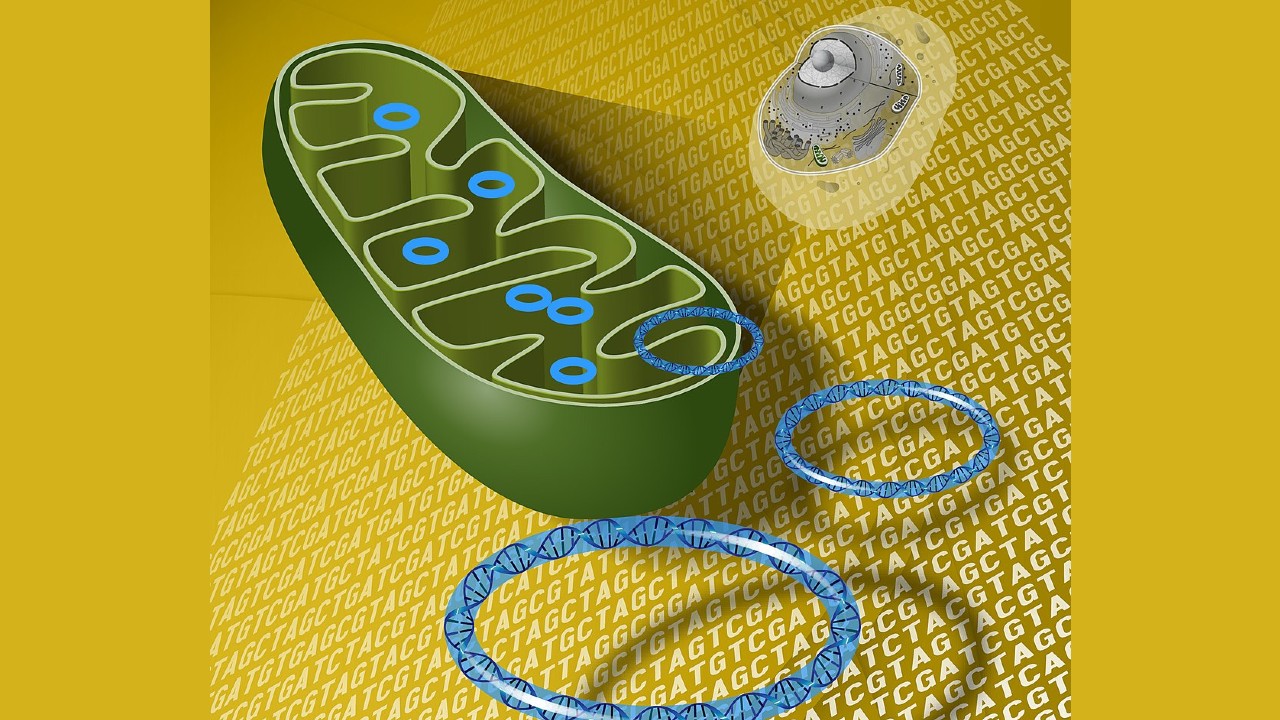
The mutations were mapped by a group at the Federal University of São Paulo and collaborators in an analysis of mitochondrial genomes. Thirteen increase the risk of ALS and 38 are protective.
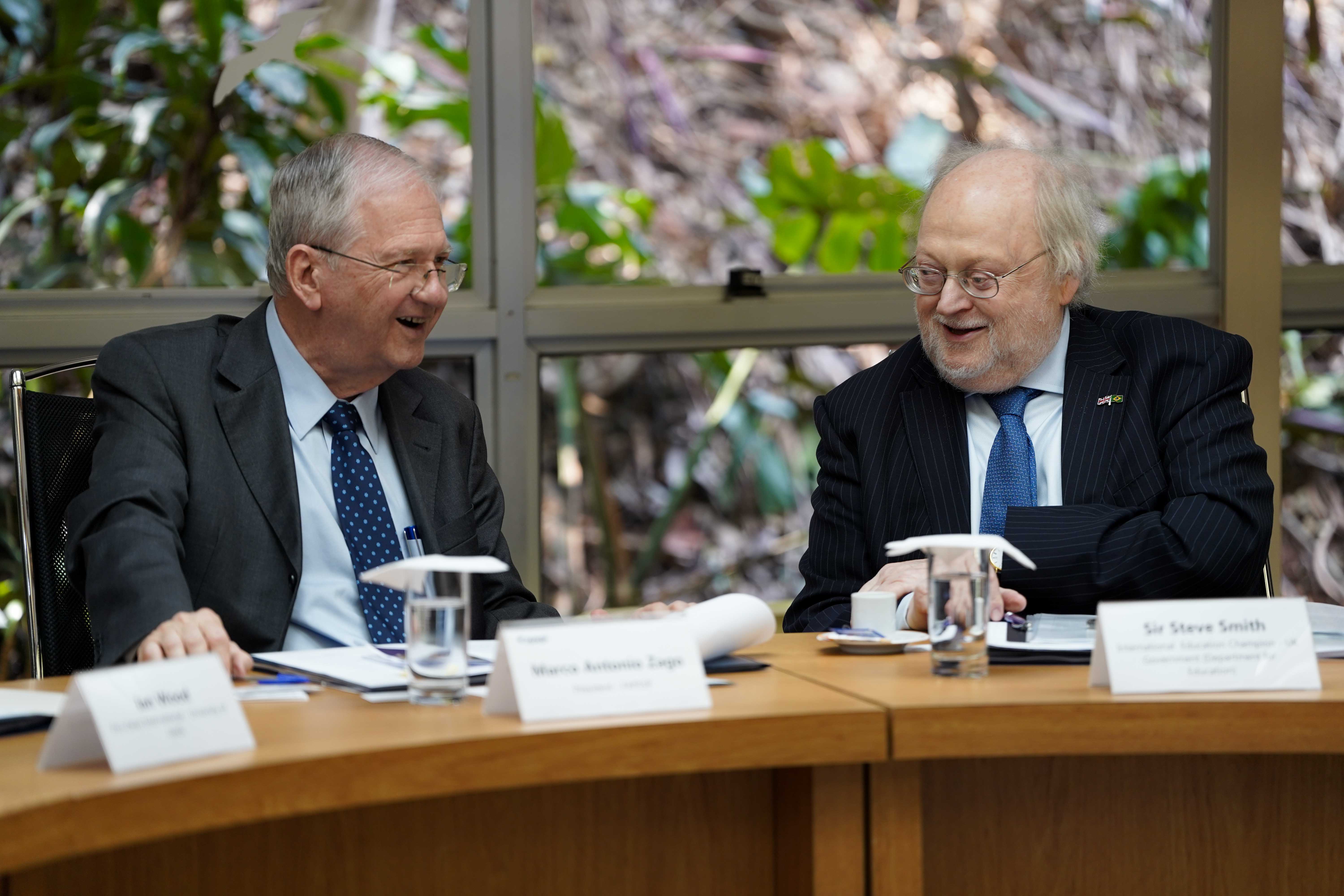
Representatives of the UK Government’s Department for Education and FAPESP discussed strategies to promote more collaboration between researchers based in São Paulo state and at the best British universities.

The platform, which was developed with FAPESP’s support, uses a clinical protocol based on cognitive behavioral therapy. The startup responsible participated in a business delegation to FAPESP Week Italy.

Vertical eye movements increased body sway in an experiment involving volunteers with the disease conducted by researchers at São Paulo State University (Brazil) and the University of Lille (France).

Material was compared with conventional dentifrice through in vitro tests on bovine teeth.
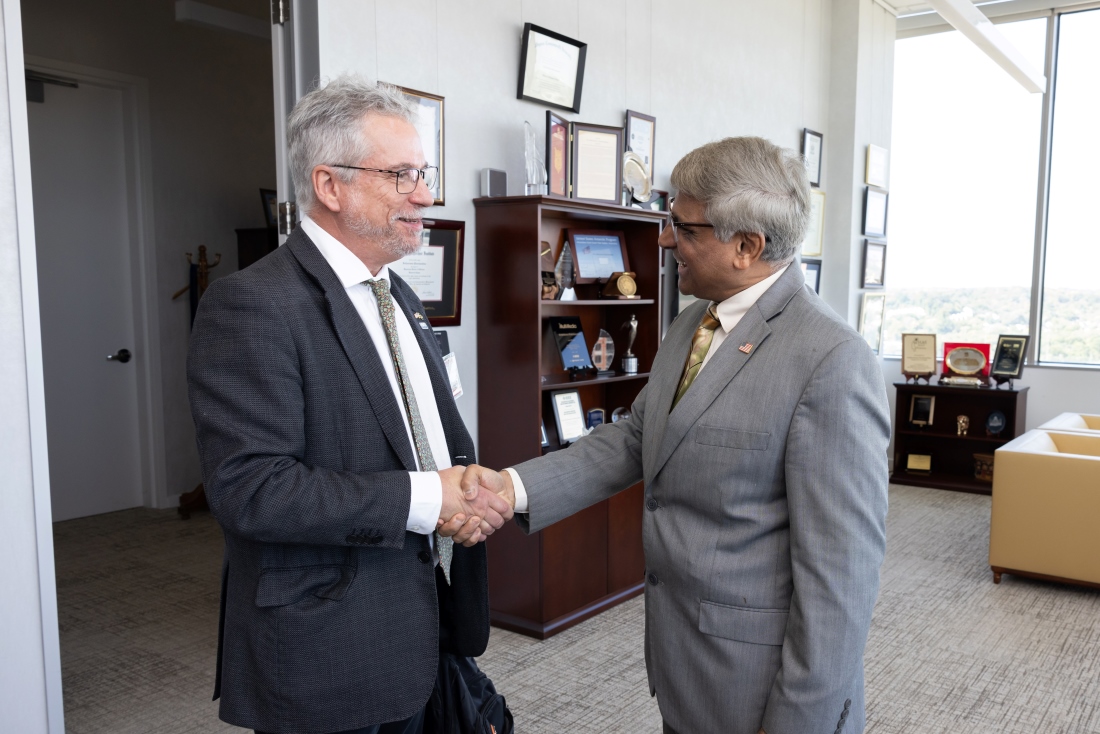
The purpose of the meeting was to align strategies and discuss ways of increasing scientific collaboration among researchers supported by the two institutions.
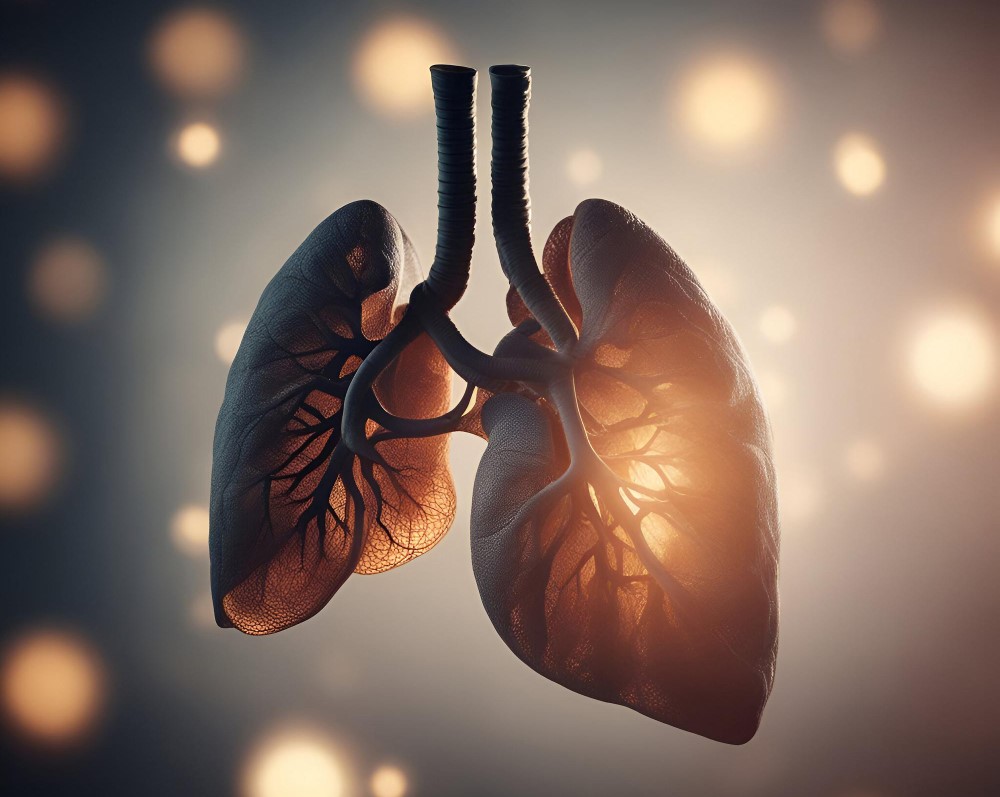
In a study of patients with metastatic lung cancer and cachexia, researchers at the University of São Paulo and Harvard Medical School found that treatment was more likely to succeed in physically fitter patients.
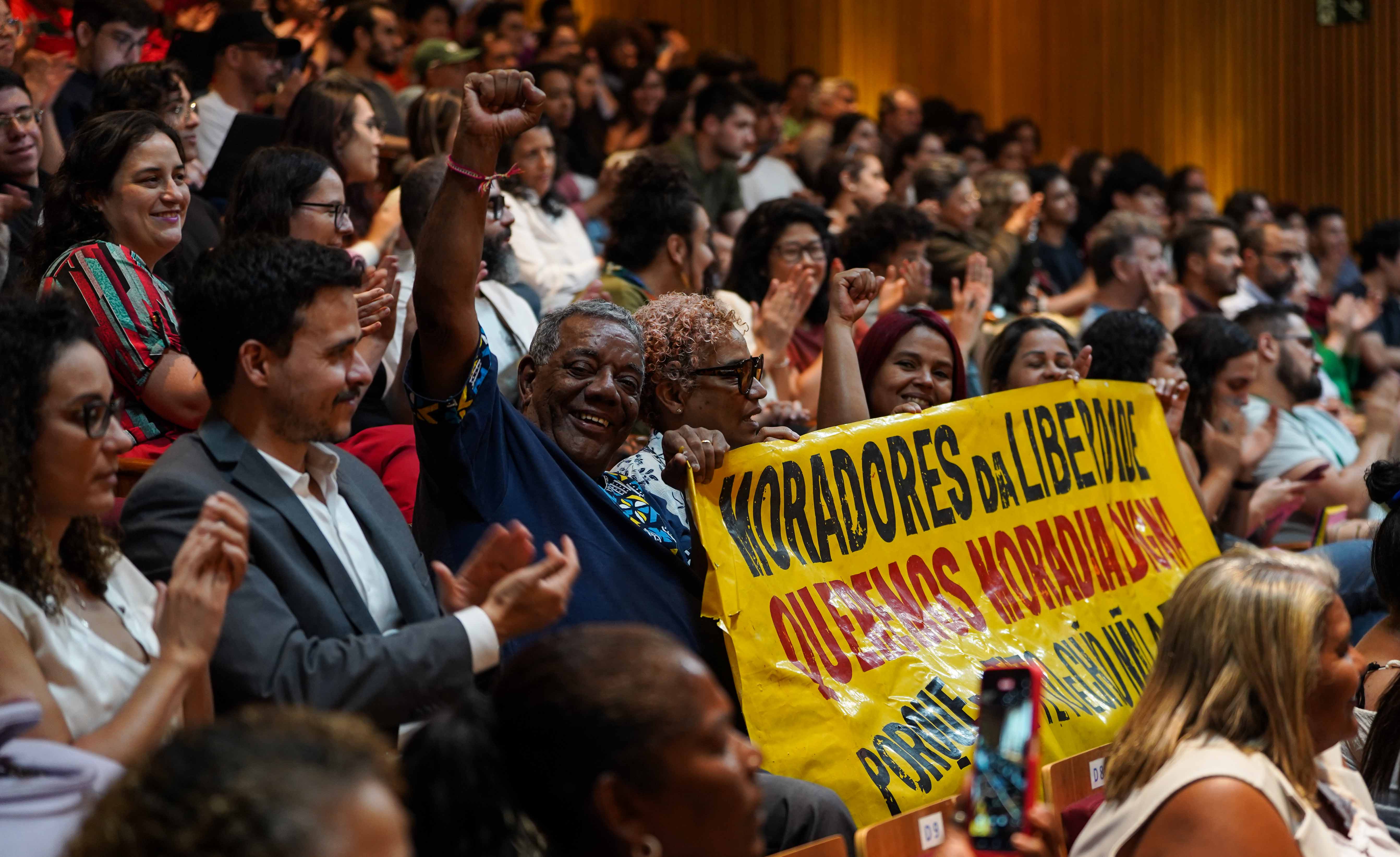
CEFAVELA, the latest of FAPESP’s Research, Innovation and Dissemination Centers, was officially launched on October 7 at the Federal University of the ABC.
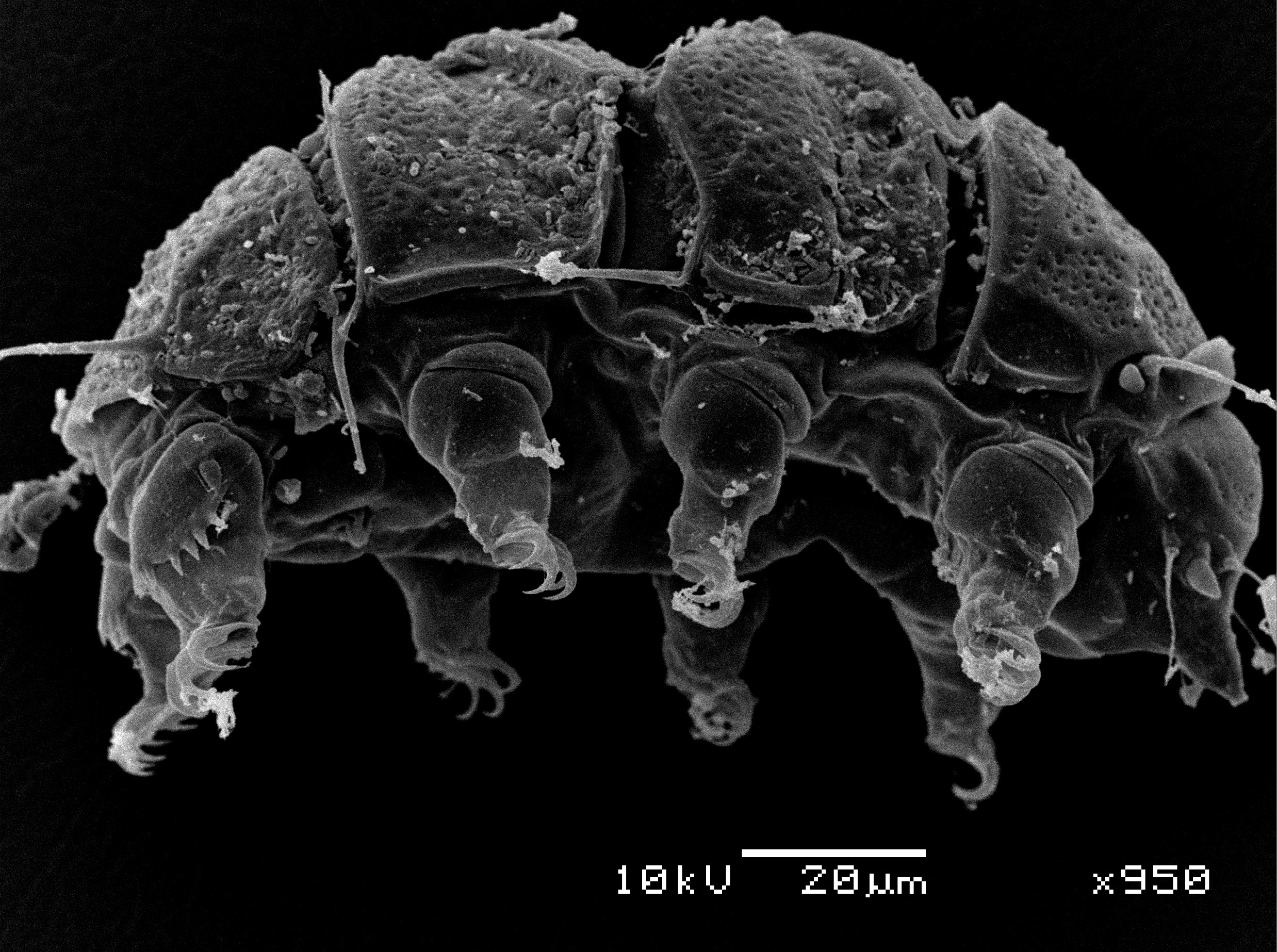
A study conducted by researchers at the State University of Campinas (UNICAMP) suggests that species thought to be distributed worldwide probably do not exist in Central and South America. At the same time, a wide array of environments and few specimens from the region point to the likelihood of vast species richness.
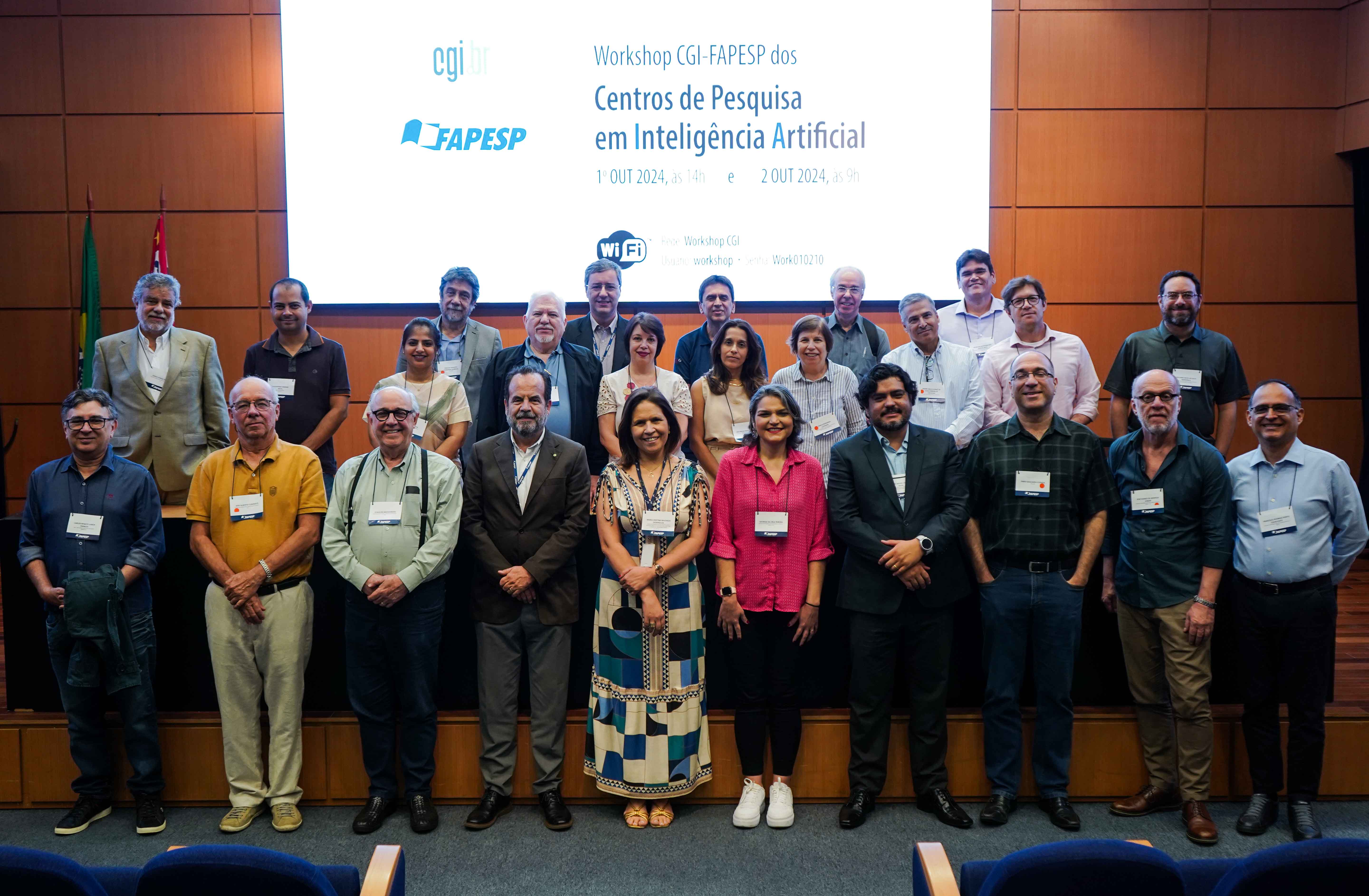
Located in different parts of the country, the centers will conduct research in science, technology and innovation addressing problems that can be solved by AI in such areas as health, agriculture, manufacturing, and smart cities.
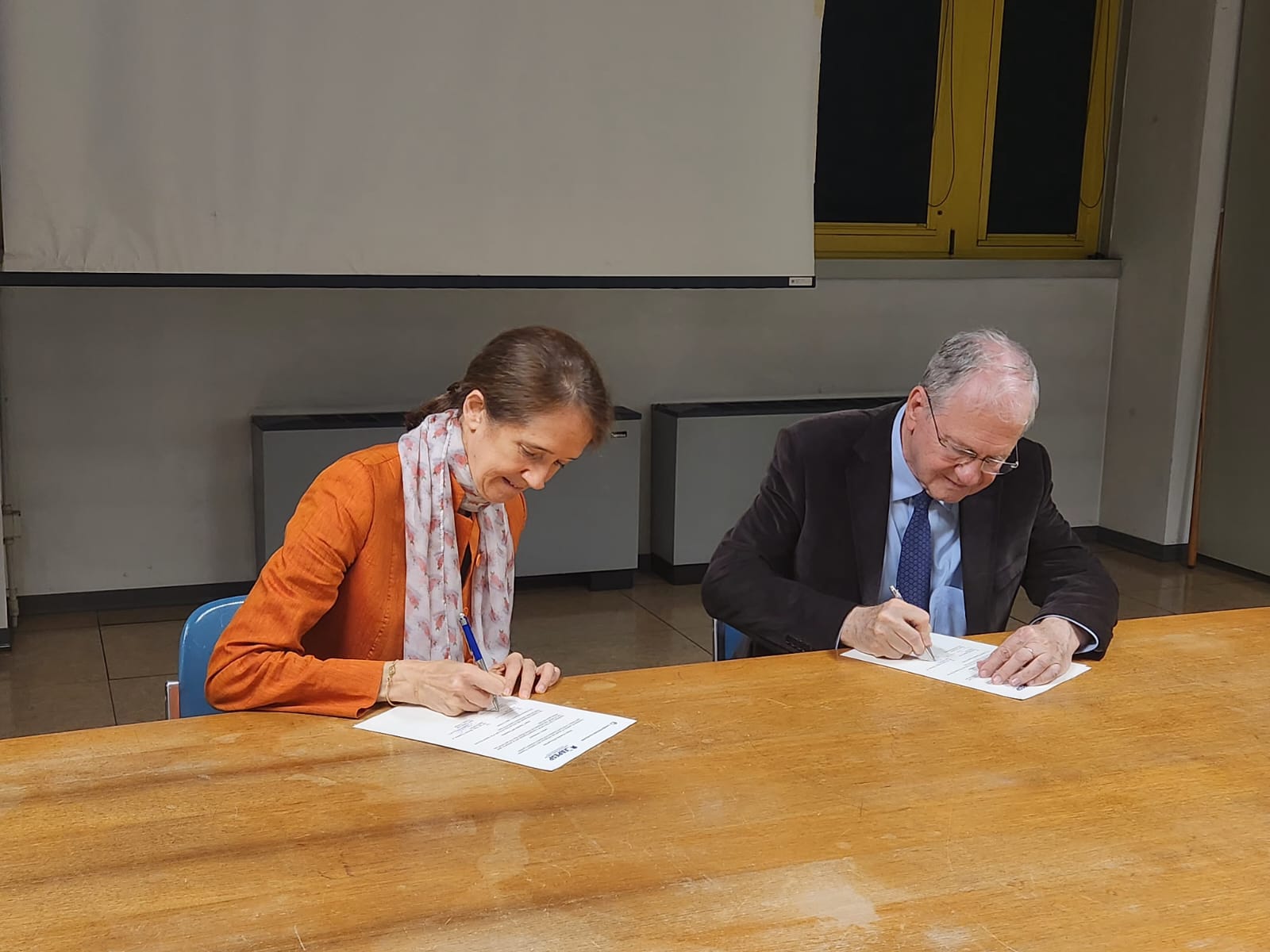
The work plan for the next five years was signed by representatives of the two agencies on October 16th in Bologna.
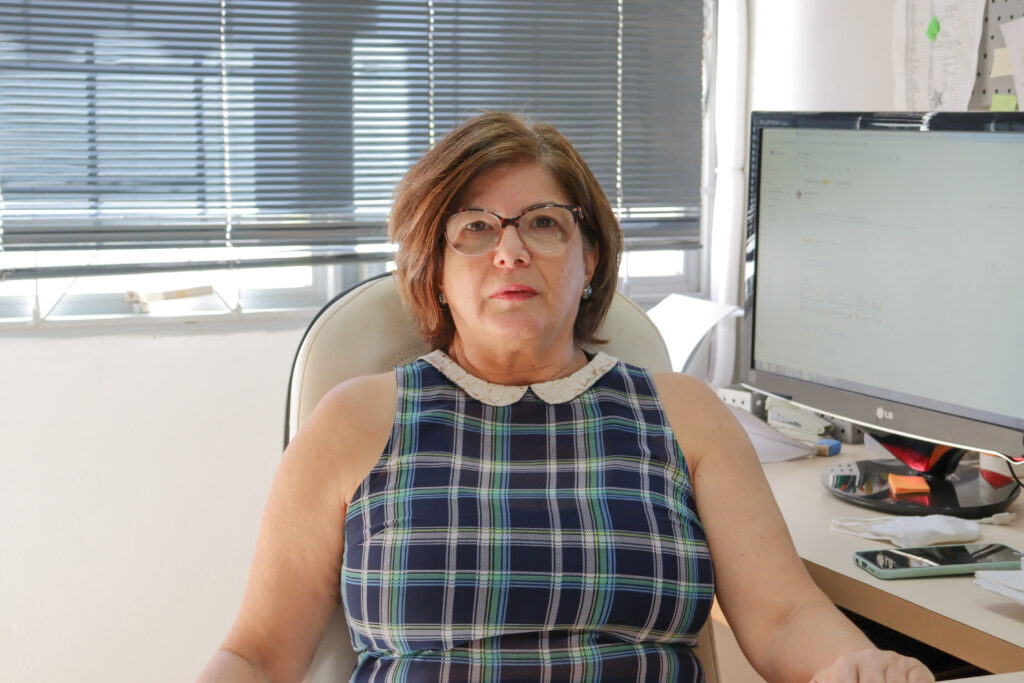
Nominated in the “Academic Leadership” category, Lucia Helena Mascaro, from the Federal University of São Carlos, is the director of the Center for the Development of Functional Materials, funded by FAPESP.
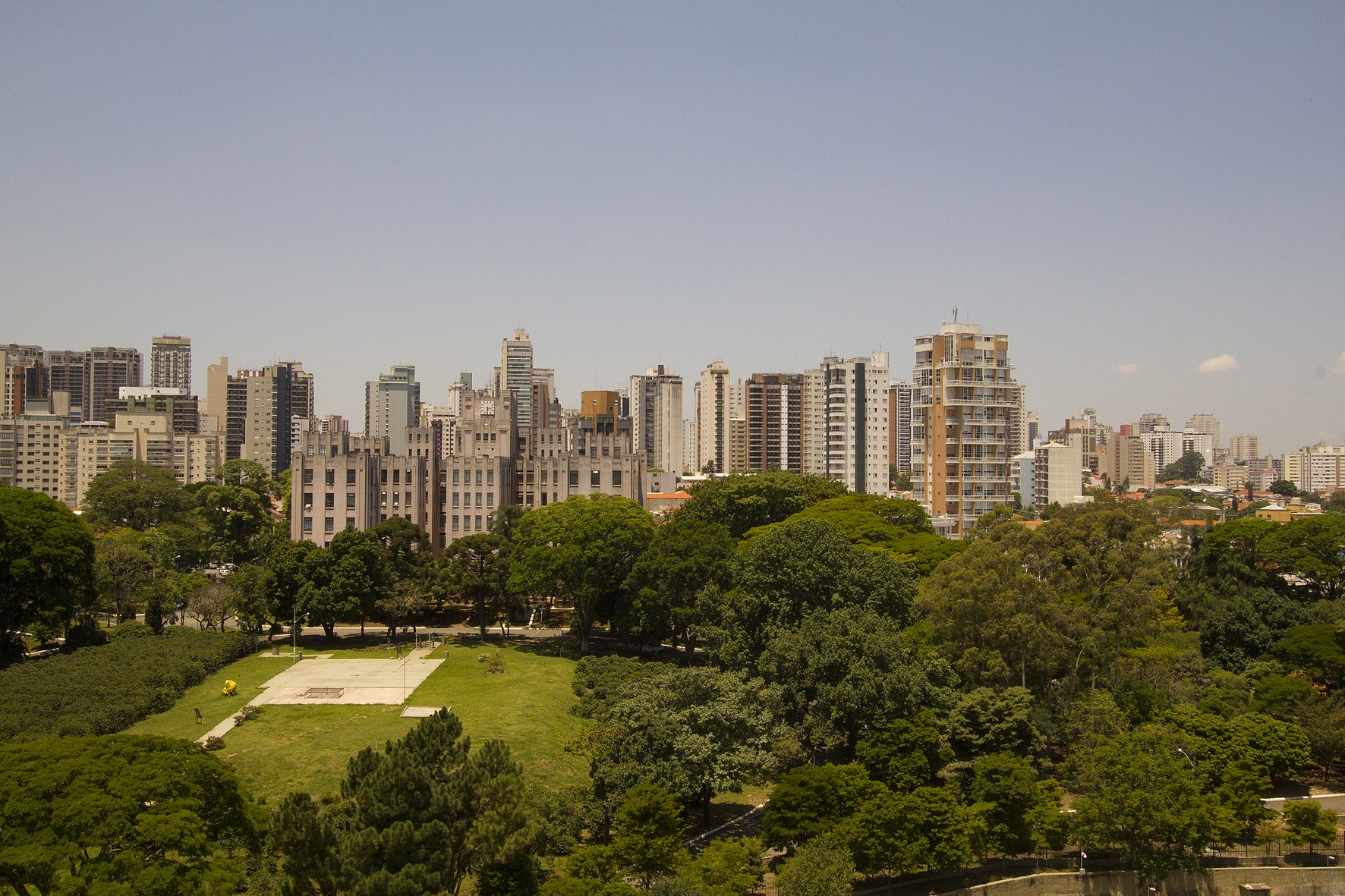
Designed for use by the academic and school community, the cartographic database totals 572 polygons, of which 48% are clubs and cemeteries.
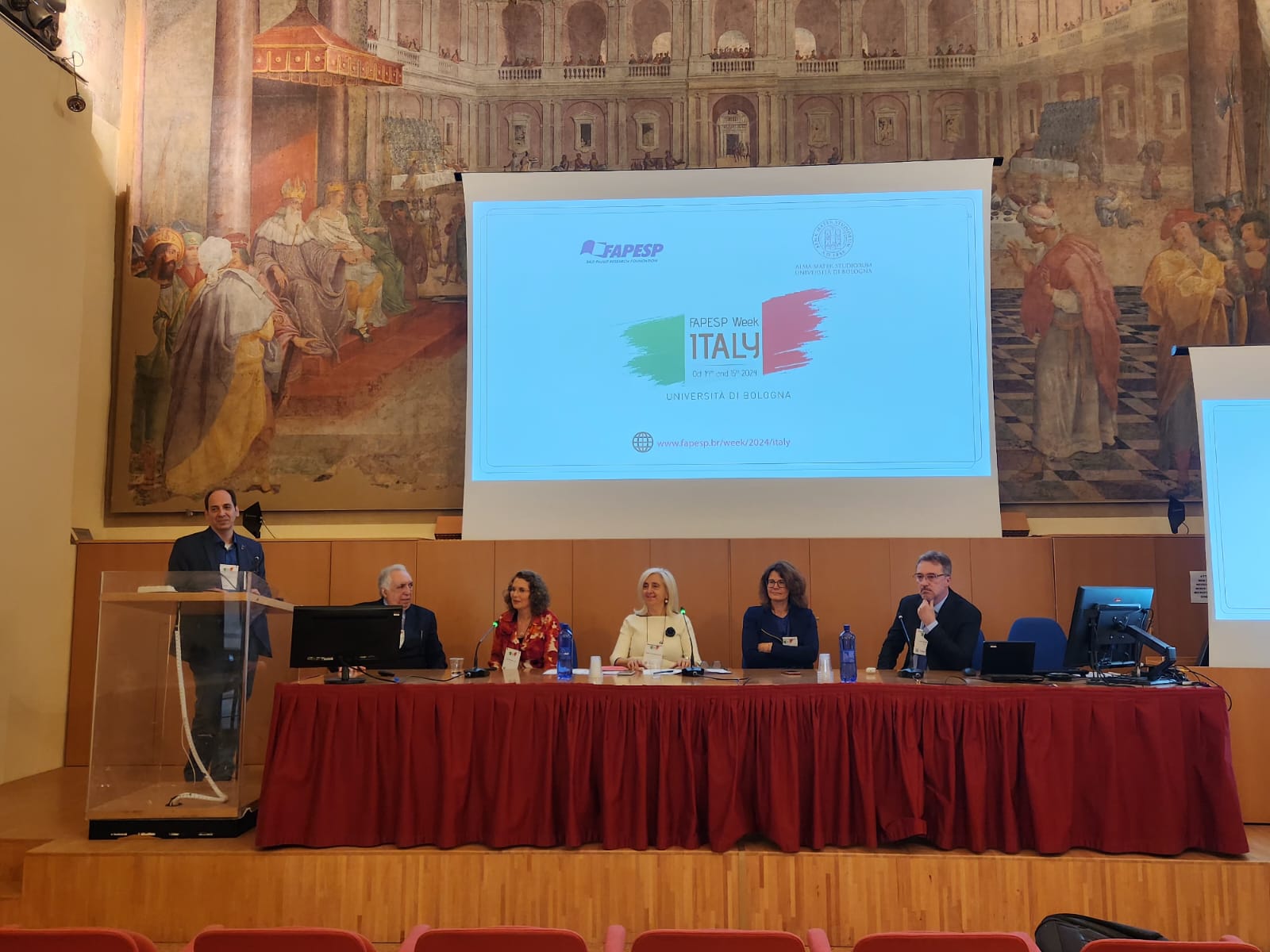
One of the raw materials studied by the group is cashew nut shell liquid, a by-product of oilseed processing; work was presented during FAPESP Week Italy.
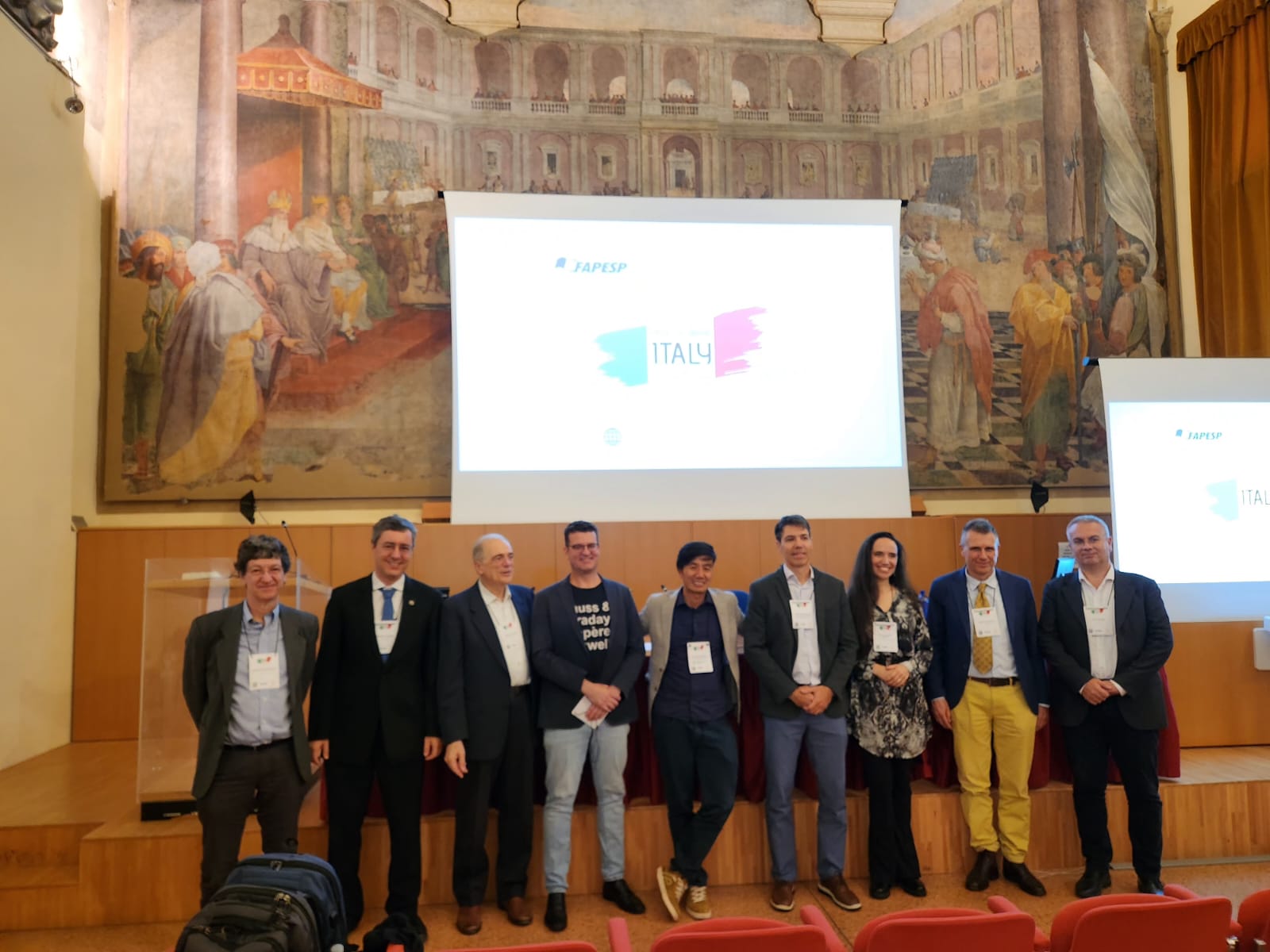
Solutions developed by a startup supported by FAPESP through its innovation in small businesses program were presented during FAPESP Week Italy.
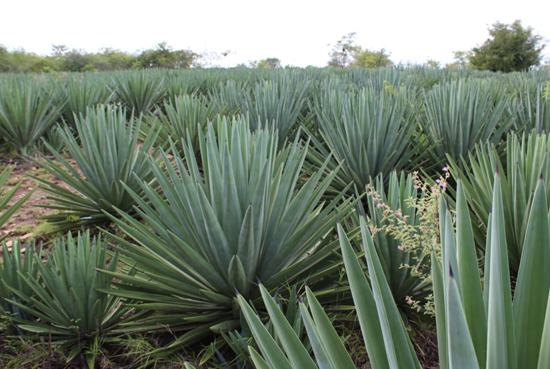
The goal is to develop an alternative for bioenergy production that can be grown in semi-arid regions, which are advancing in Brazil and worldwide; results were presented during FAPESP Week Italy.
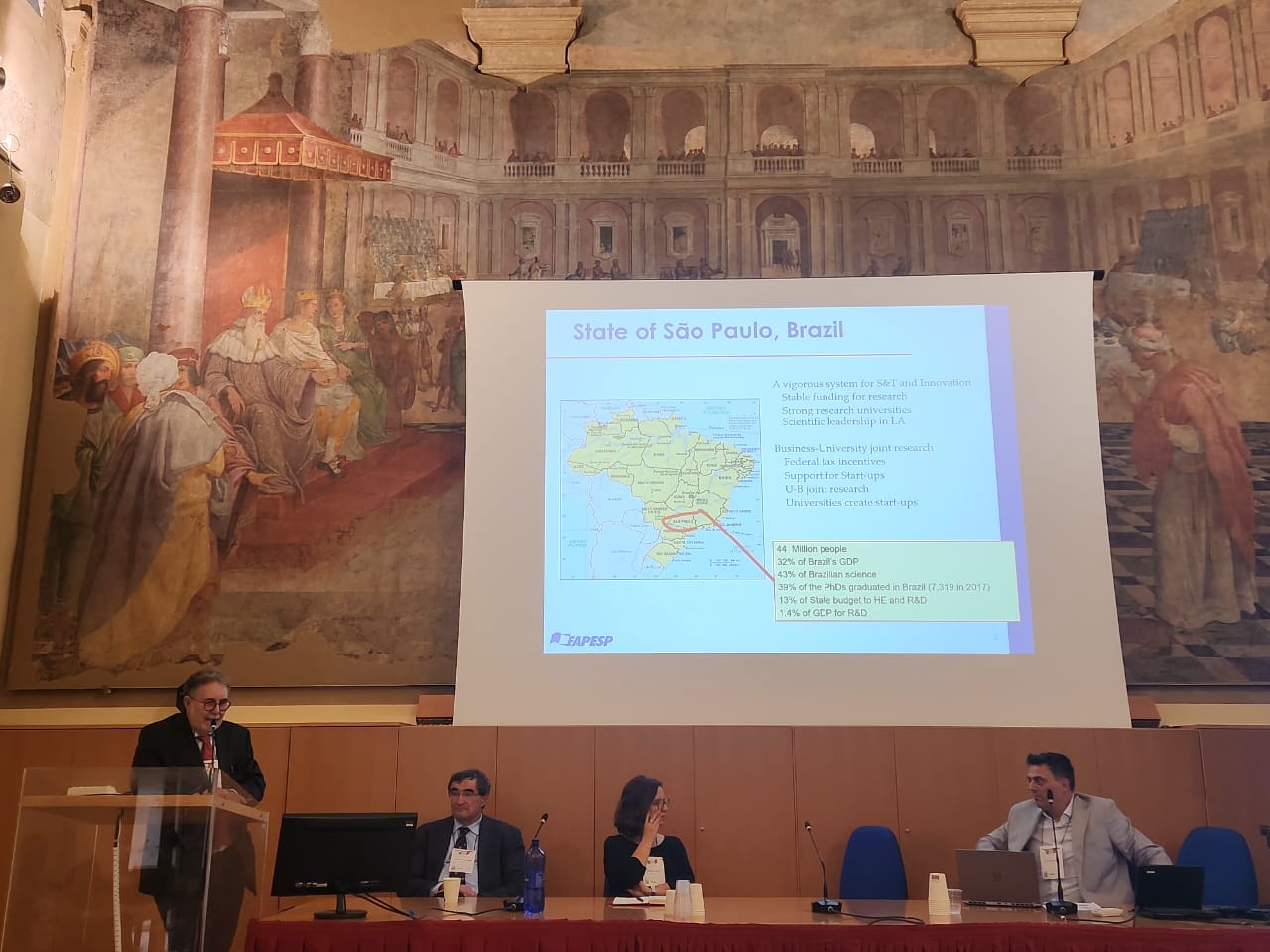
The panel included Carlos Américo Pacheco from FAPESP, Marina Silverii from Attractiveness Research Territory Emilia-Romagna, and Claudio Melchiorri from the Università di Bologna.
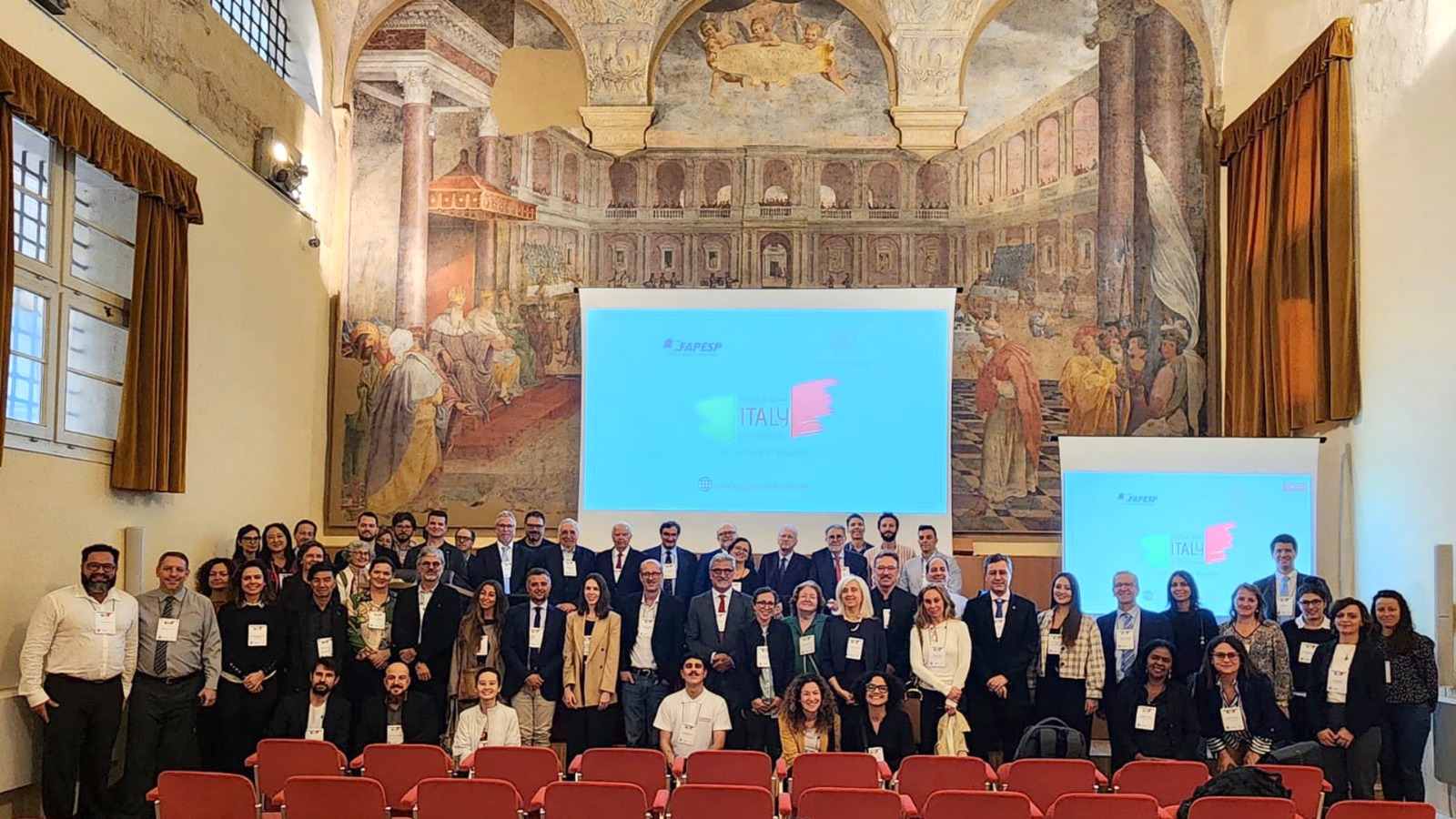
Event aims to foster partnerships between São Paulo researchers and entrepreneurs and their Italian counterparts.
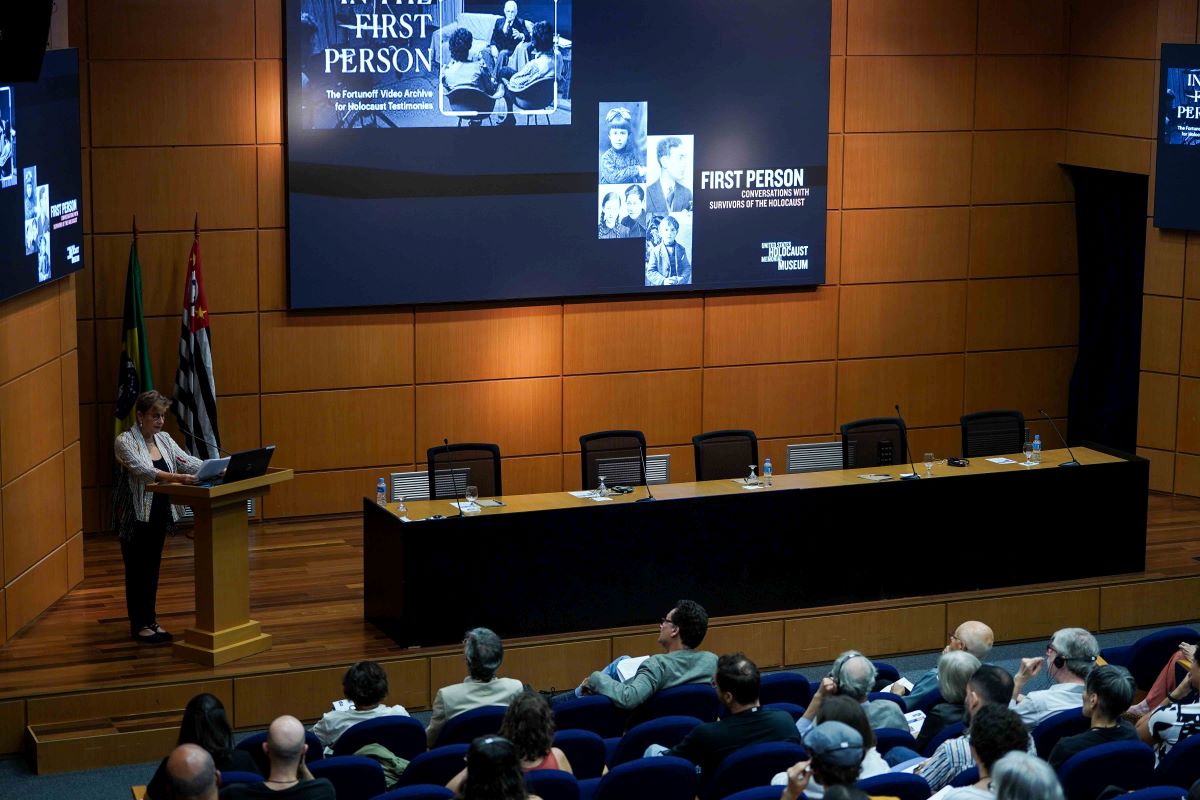
Professor Marianne Hirsch, daughter of Holocaust survivors, delivered the 8th FAPESP Lecture 2024 on “Rethinking Holocaust Postmemory After October 7”.
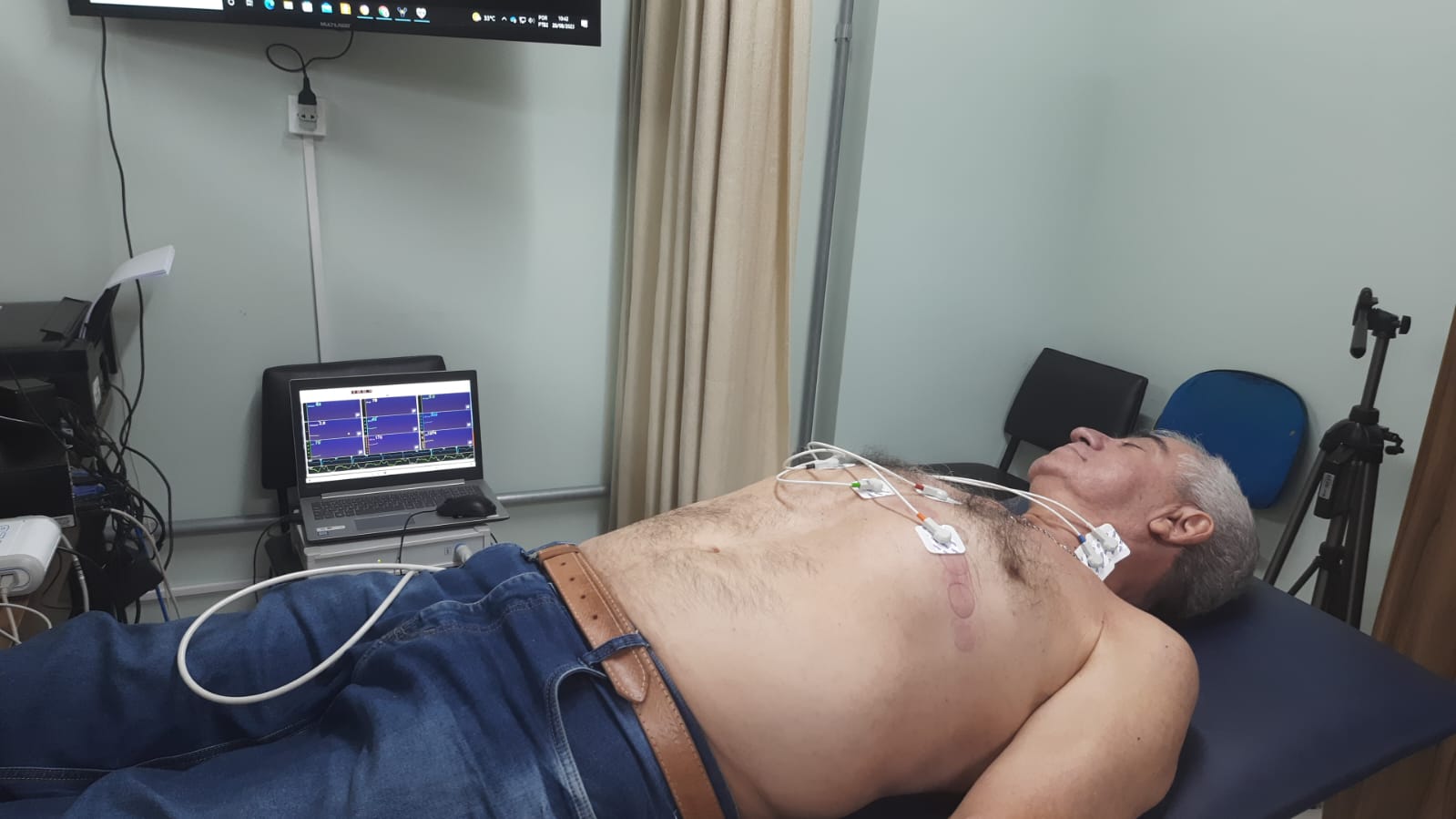
The study was conducted at the Federal University of São Paulo and involved 731 over-sixties. It is the first to demonstrate the effects of high blood pressure on lung mechanics. The findings highlight the benefits of regular physical exercise for partial protection of the lungs.
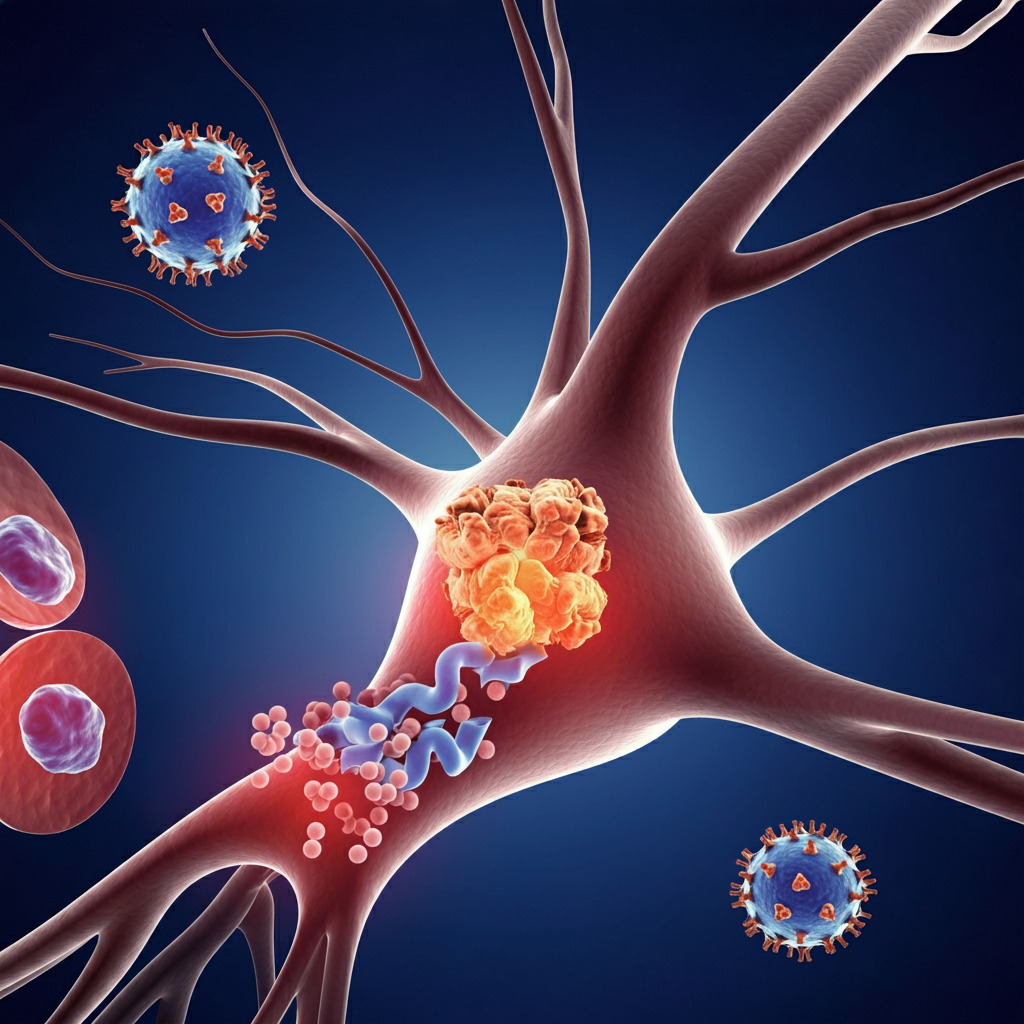
Through experiments in mice infected with a herpes virus, scientists identified an immune system sensor that recognizes viral fragments and activates neurons responsible for pain, independently of inflammation. The discovery paves the way for novel analgesic treatments.
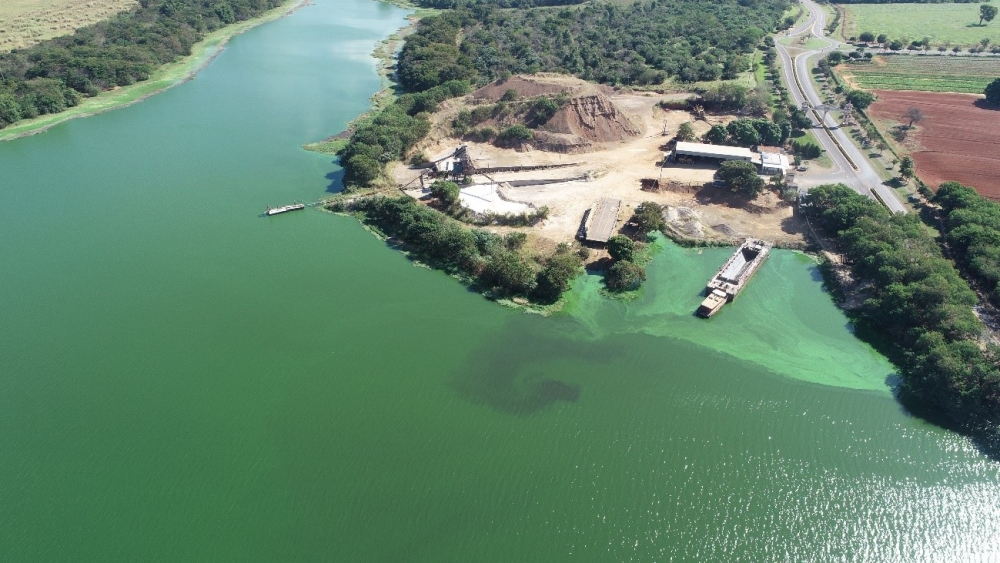
With FAPESP’s support, the startup plans to collect biomass from the cyanobacterial blooms that have turned the Pinheiros River green in São Paulo city and convert it to bioproducts.
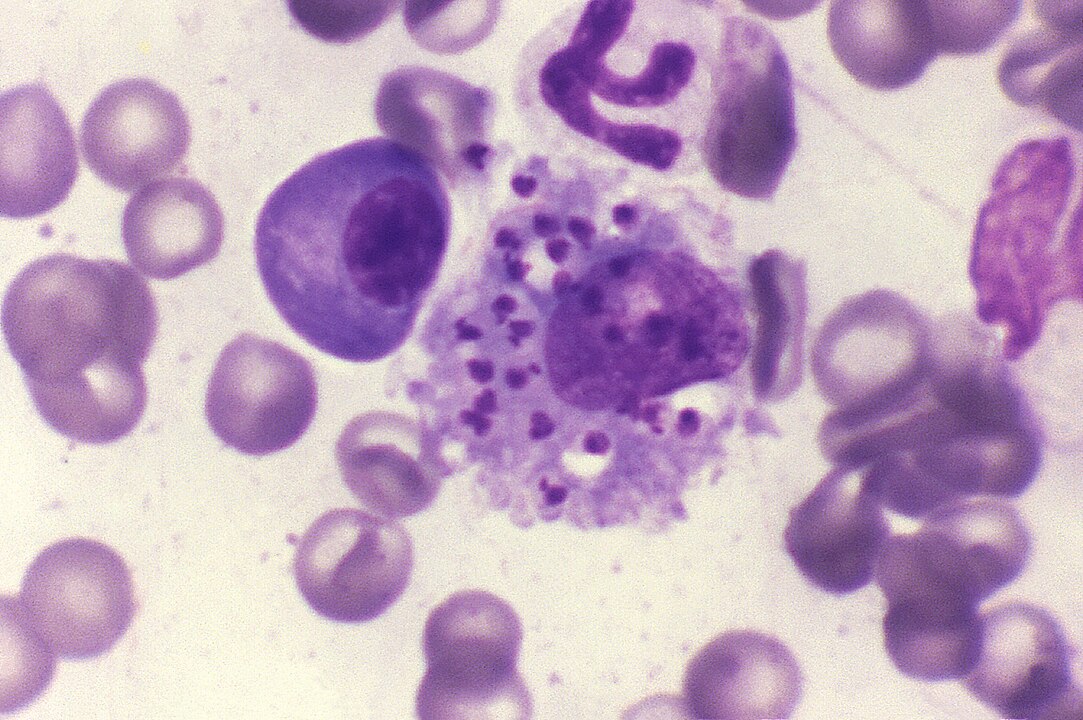
Discovery of a novel class of proteins that help regulate the parasite’s essential cellular functions could lead to the development of more effective drugs against the disease. More than 3,500 new cases are notified each year in Brazil.